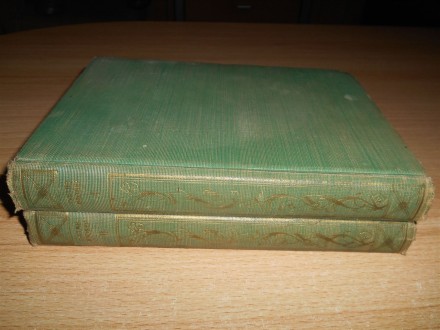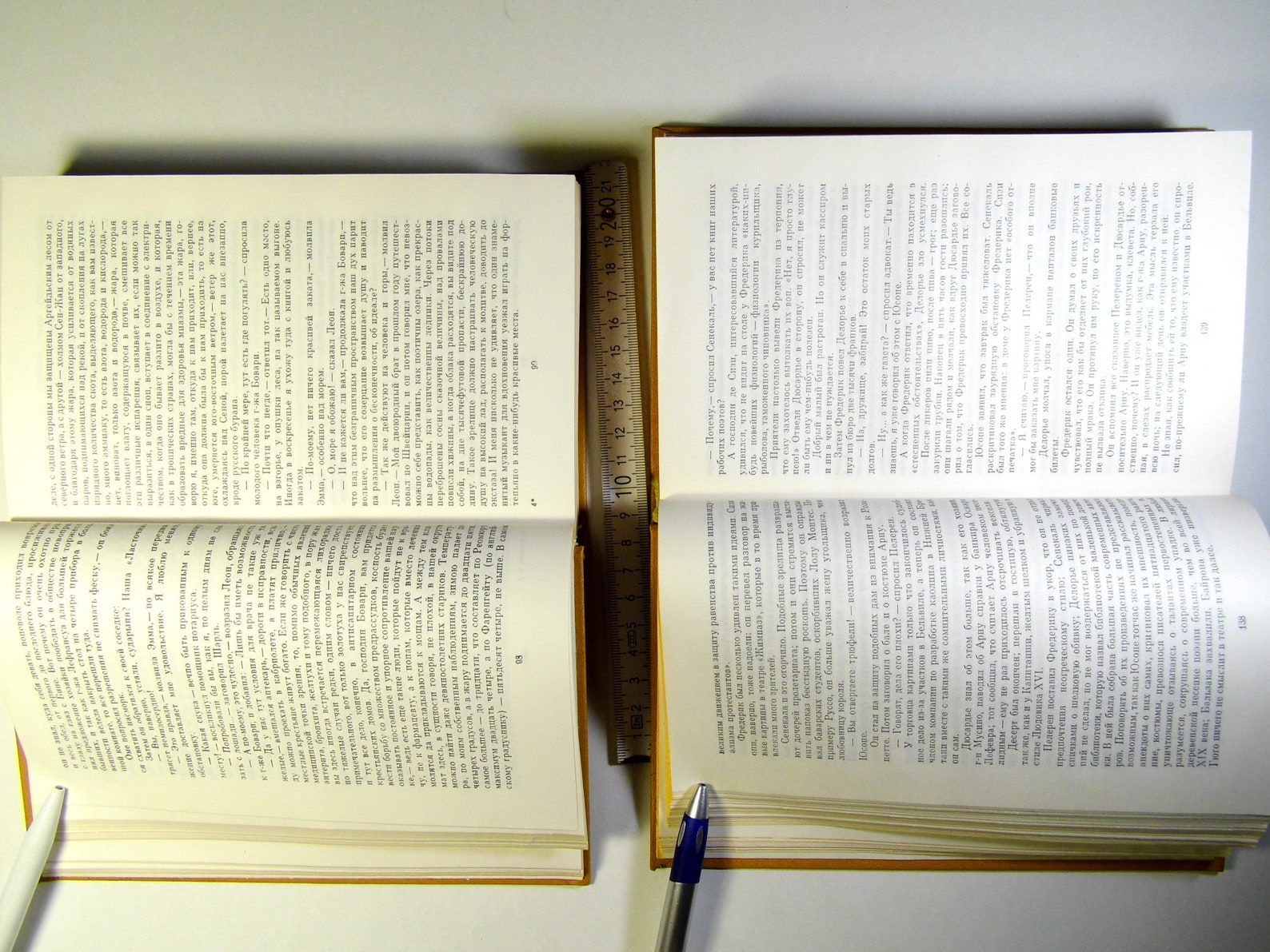

Other works by Flaubert contain examples of: Three Tales (1877) - A Simple Heart, The Legend of St.After his death, his posthumous works Bouvard et Pecuchet and The Dictionary of Received Ideas have also gotten their due. He wrote letters regularly throughout his life and collected editions of his letters are highly prized by writers. In addition, he wrote a collection of short stories Three Tales and a fevered Verse Drama The Temptation of Saint Anthony that examined religion and philosophy on the line of Goethe's Faust. Largely due to Small Reference Pools, Madame Bovary remains Flaubert's most famous book with his follow-up works Salammbô and Sentimental Education not being as well-known today, though the former was a classic for the 19th Century.īecause of his obsessive research and extended writing time, Flaubert only completed three novels in his lifetime. After being cleared, the book was subsequently published and became a success partly out of scandal and partly out of literary merit. When it was published in serial form, the suspected lurid nature of the story, a fairly non-judgmental telling of a wife committing adultery, provoked controversy and Flaubert was called to trial where he defended his work. Madame Bovary of course is his most famous, widely read and influential work. He was noted for his obsessive research into background and history, in a way becoming a precursor to James Joyce who always cited Flaubert as one of his favorites. He was also one of the first writers who put a high weight on style, correct discipline of writing and was famed for obsessing over "le mot juste". He had an eye for sociological and psychological detail and a very distinct tone of narration which, while striving to erase sentiment towards characters, also often carried with it a highly ironic and witty personality, far from the scientific and sociological approach of his disciples and imitators.

There are very few words wasted on scene setting, character description and plot.

Gustave Flaubert (12 December 1821 – ) is a French novelist known today by many labels that he would despise today: his realism (a term he was always skeptical and ambiguous about), his harshness to his characters (despite the fact that he famously stated that he identified with his characters to a painful degree), and for his dry realist setting despite his obsessive, fevered imaginings of the Ancient World in his historical fiction.įlaubert's writing style is famous for its economy and its precision. Gustave Flaubert, Letter to Mademoiselle Leroyer de Chantefie (translation by Francis Steegmuller)


 0 kommentar(er)
0 kommentar(er)
